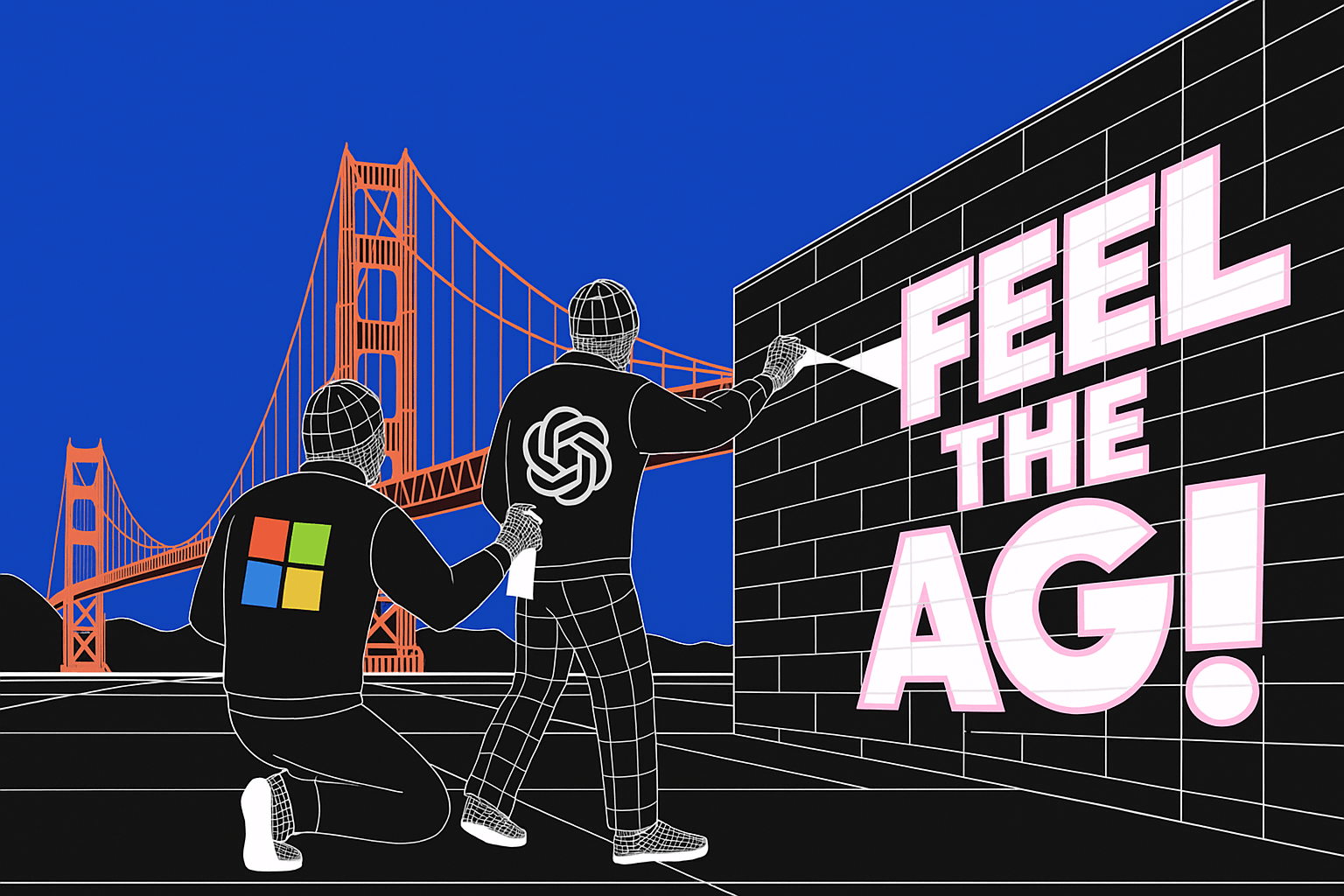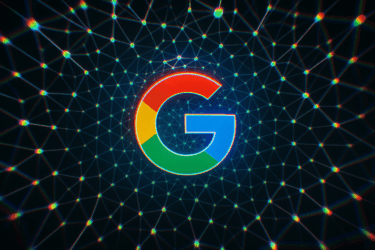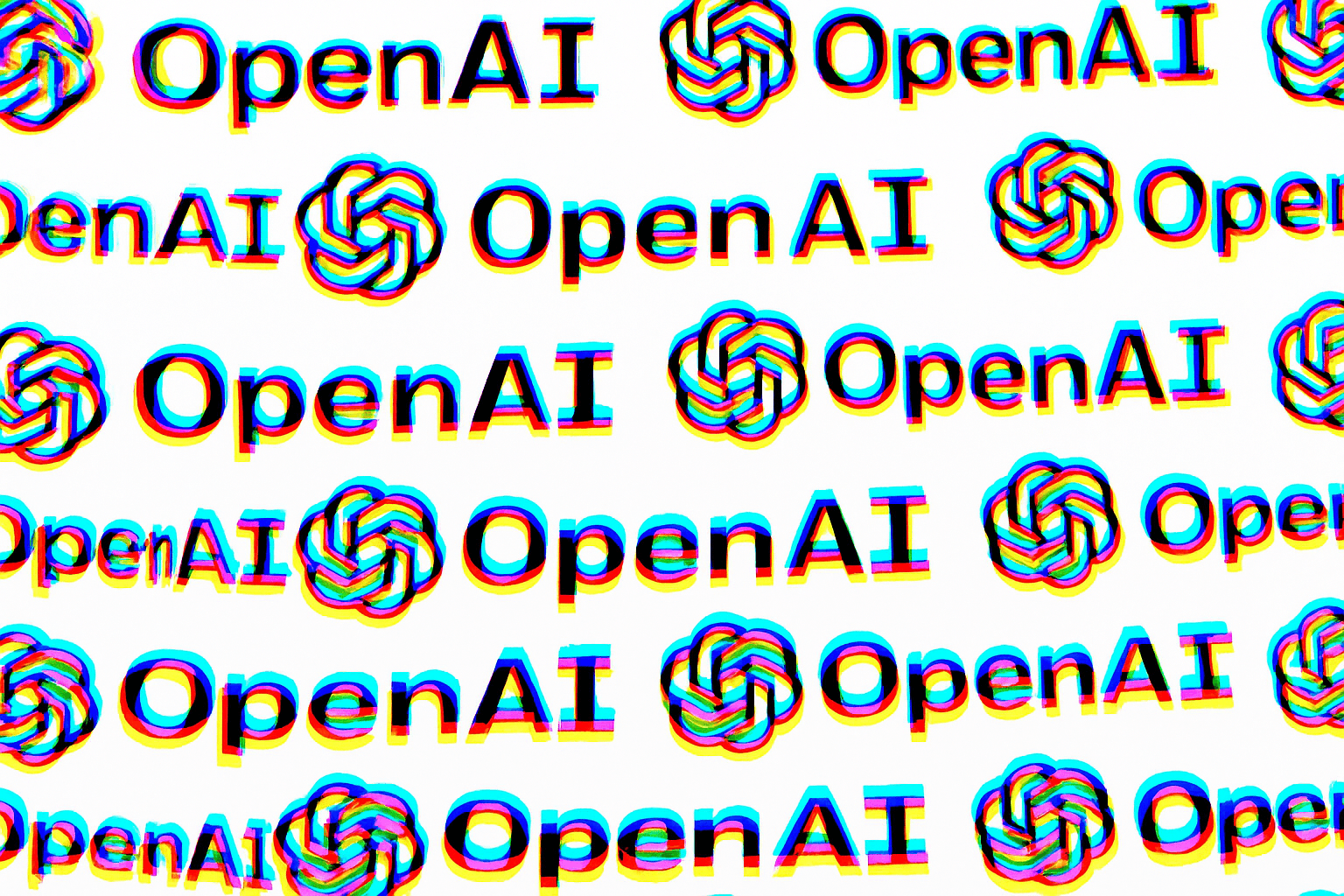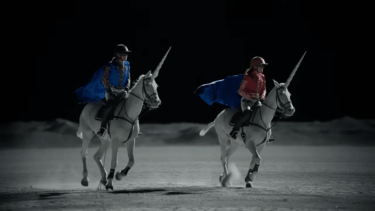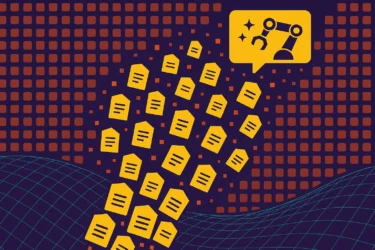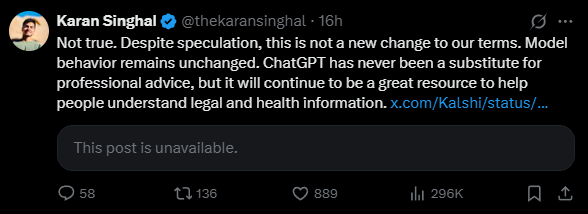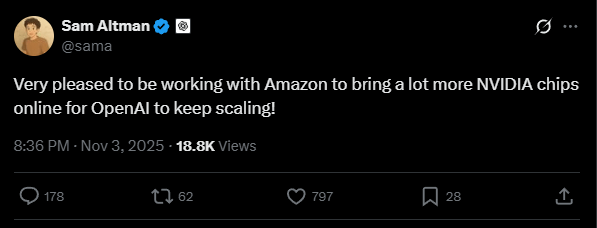Barclays estimates that data centers for AI giants like OpenAI, Meta, and Amazon could need as much as 46 gigawatts of electricity. That's about the same amount of power used by 44 million US households, or roughly a third of all homes in the country. Building out these projects could cost $2.5 trillion.
This massive expansion is already putting pressure on the power grid. Nvidia, Microsoft, and OpenAI are warning about possible grid instability caused by rapid swings in electricity demand. Some plans call for energy sources like solar plants and gas storage to be integrated directly into the data centers. OpenAI has even asked the US government to add 100 gigawatts of new power generation each year. It's still unclear how many of these projects will actually get built. According to Barclays, it's hard to draw the line between projects that are real and those that are still just speculation.
